Unknown to many in Nigeria, fuel subsidy has been around since the mid-1970s, when the price of a litre of petrol was 5 kobo, and did not exceed four naira until 1991. Normally, Nigerians have been buying fuel at a cost lower than the international market costs because the Nigerian government usually sets the prices of petroleum products, and pays the oil marketers whatever is the difference between the international prices and government’s fixed prices.
While people in the UK and Ghana buy a litre of petrol at £1.44 ($1.80) or 14 cedis ($1.24) respectively, Nigerians, as of May 2023, paid N195 (officially) for a litre of petrol. Ironically, subsidy is accused of becoming a sweet pill to many politicians, who started diverting subsidized fuel to other climes where they made huge profits. Eventually, the politicians began to sabotage local refineries for the same purpose of self-aggrandizement.
Join our WhatsApp ChannelOver the past decade, government has tried unsuccessfully to remove subsidy. Government officials argue that subsidizing fuel leads to huge opportunity costs in infrastructural development, money allocation to states and the fact that the rich benefit far more than the poor because they (the rich) consume more fuel and earn a lot more from their investments.
Cheap fuel has encouraged rich individuals and companies to emit more carbon into the atmosphere, exacerbating climate change and pollution. Oil marketers are also accused of diverting Nigeria’s cheap fuel to other countries where cost is higher, thereby putting pressure on local demands.
Corruption Fuels Subsidy Removal Demands
Money set aside for subsidy has been growing in recent times. A Reuters report showed that in 2022 alone, government spent N4.4trillion on fuel subsidy, about $10 billion dollars. This amount is 15% of the 2023 budget and is more than the appropriation to education (8.2%) and health (5.3%) combined. In 2012, the $6.8 billion dollars set aside to cushion the effects of a planned subsidy removal was said to have been embezzled by government officials. Imagine that N10.5 trillion out of the N17.5 trillion spent on fuel subsidies in Buhari’s eight years in office was spent in the last 18 months of the administration!
Official corruption and general government inefficiency have, therefore, forced Nigerians to resist subsidy removal. Citizens argue that subsidy is the only concrete dividend that the ordinary Nigerian gets from government. This is especially true because almost everything in Nigeria is connected to fuel prices. Many studies have found a strong relationship between trust in government and support for subsidy. It did not matter how government appealed to Nigerians to support subsidy removal in the past 10 years. The vast majority still opposed it, because the majority of Nigerians understand subsidy removal only as an increase in fuel prices, with the concomitant rise in commodity prices. This situation appears to be the reason that successive governments since 1999 have attempted to remove subsidy without success, each time testing the waters and finding it too deep for a blind plunge. Thus, President Buhari tossed subsidy removal for eight years, only to set the stage for Tinubu to do it by planning for subsidy payment until June 2023.
Those who opposed it now champion subsidy removal
Quite interestingly, today’s President Tinubu and the immediate past President Buhari were at the vanguard of the grim opposition to President Jonathan’s attempt to remove fuel subsidy in 2012. Tinubu then said that government had “tossed the people into the depths of the midnight sea”. Buhari called subsidy a huge scam.
In fact, Tinubu chose to announce subsidy removal on the first day of office, setting off huge national consequences and questions about his understanding of goodwill and empathy for the millions of suffering Nigerians. This is especially for a president who received less than 10% of the ballots from the registered voters. Briefing newsmen in Abuja a day after Tinubu’s inauguration, the Group Chief Executive Officer (GCEO) of NNPCL, Mele Kyari, said that the Federal Government owes the company N2.8 trillion of cash flow from the subsidy regime. He words: “Our position is, we are a supplier of last resort to the federation; we are a commercial company, supplying to the federation during the subsidy regime. So, NNPC will not do anything because we are a commercial company.” His statements surther implied that, according to the Petroleum Industry Act, subsidy should have been removed by February 17, 2022.
However, many other statements by civil society groups, including the Nigeria Labour Congress, still leave much to fear. Other opposition camps which matter are the Independent Petroleum Marketers Association of Nigeria (IPMAN), and the Petroleum Products Retail Outlets Owners Association of Nigeria (PETROAN). The former sells petrol to over 70 per cent of the country, while the latter owns more than 8,000 fuel stations across Nigeria. Most of the opposing groups have called on the president to address poverty, the horrible minimum wage, and ensure that NNPC and Dangote Refineries are running before removing subsidies. This will help to douse the yet unfounded insinuations that the subsidy removal was a test run for the likely price of fuel by Dangote’s refinery, which is not expected to go below the NNPC benchmark price of N488.
Should Tinubu have dared?
No and Yes. No because the chaos and panic buying triggered by the announcement caused more than 250% increase in some filling stations, while many fuel stations refusing to sell altogether.
READ ALSO:Fuel Subsidy Removal: Tinubu Responds To Long Queues, Rising Fuel Prices
Transport fare jumped the roof accordingly. This was a preface to the social unrest that may have prevented government from being decisive about subsidy removal over the past decade. Curiously, Tinubu did not give any details about how his government intended to implement the subsidy removal. For instance, last year, the Minister of Finance, Budget, and National Planning, Zainab Ahmed announced government’s plan to remove subsidy in 2022, with a promised N5000-a-month transportation grant to the poorest Nigerians. When the promise could not douse opposition, government postponed the subsidy removal to 2023.
Well, some analysts say that time may still prove the president right in the announcement because the country has not seen protests as in 2012, and many of the mainstream media, including international ones, appear to be in support. A BBC report following Tinubu’s announcement said: “Yet there is more of an acceptance now that the subsidy should be scrapped to free up money for essential public services like transport, health and education.”
Across the Nigerian media, there were calming reports that following expert forecasts, fuel will sell from anywhere between 250 naira and 350 naira after the current chaos. Additionally, Major Oil Marketers Association of Nigeria (MOMAN), the NNPC and the Depot and Petroleum Marketers Association of Nigeria (DAPMAN) issued statements supporting Tinubu’s move. While the Trade Union Congress of Nigeria and the Nigeria Union of Petroleum and Natural Gas Workers (NUPENG) did not support subsidy removal, their statements show that they knew Tinubu would toe the line as the 2023 budget planned for subsidy to last until June. Some analysts have called attention to the Petroleum Industry Act (2021), which they say provides for total deregulation of the petroleum downstream sector to drive investment and growth.
READ ALSO: Five Important Policies To Expect From Tinubu After Fuel Subsidy Removal
The Questions
Questions are being asked about where Tinubu’s government will likely toss Nigerians, with inflation already at over 22%, over 47% youth unemployment and a grinding poverty that has hauled nearly 100 million Nigerians into abject poverty of less than $1.9 a day. It is only imaginable how much people will have as disposable income for other needs when food and transport alone gulp over 60% of income, and with minimum wage at a miserly N30 thousand naira, less than a bag of rice of 200 cups. How can the 36.9 million medium scale enterprises in Nigeria, already squeezed by a badly managed naira redesign policy, grapple with the present rise in fuel prices? Does it not seem a calculated move to muzzle the life out of a sector that accounts for over 97% of businesses in the country?
Many Nigerians are thus asking the usual question:
It is hoped that the presidency, after hiking fuel prices, will not deny that it never removed subsidy as a way to keep siphoning the huge amounts of money paid to corrupt oil importers. Recall that after the new year announcements about fuel subsidy removal by former president Jonathan in January 2012, followed by nationwide protests, there continued to be questions about whether government actually removed subsidies or not. Note also that no sooner did President Tinubu announced that ‘subsidy is gone’ than his media aides told Nigerians that he did not remove subsidy. Yet, the NNPC promptly went ahead to adjust the official prices from N195 to anywhere between N488 and N550.
Has Tinubu removed subsidy?
Dr Mbamalu, is a media expert, Editor and Publisher

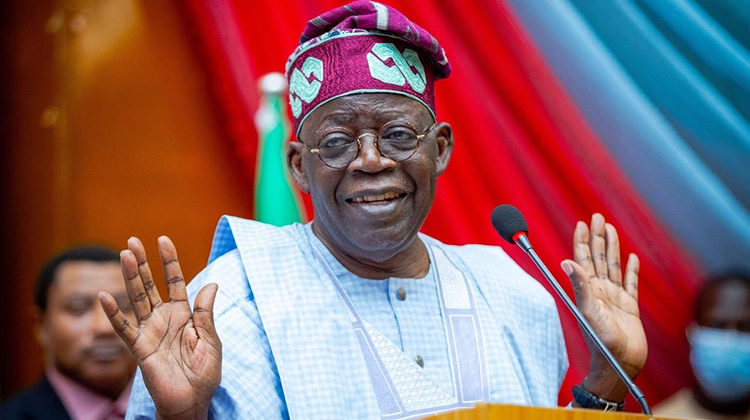











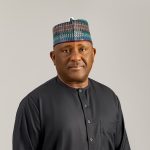
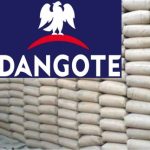
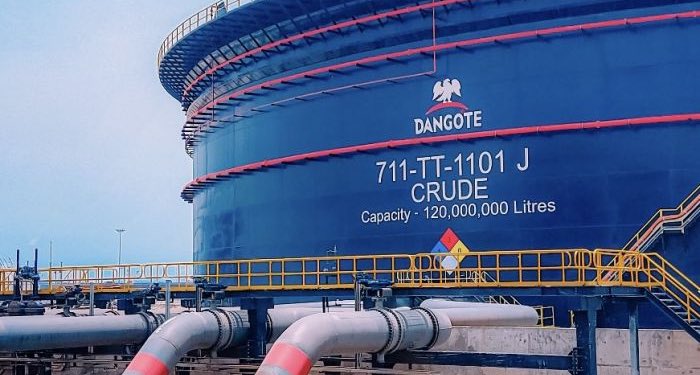
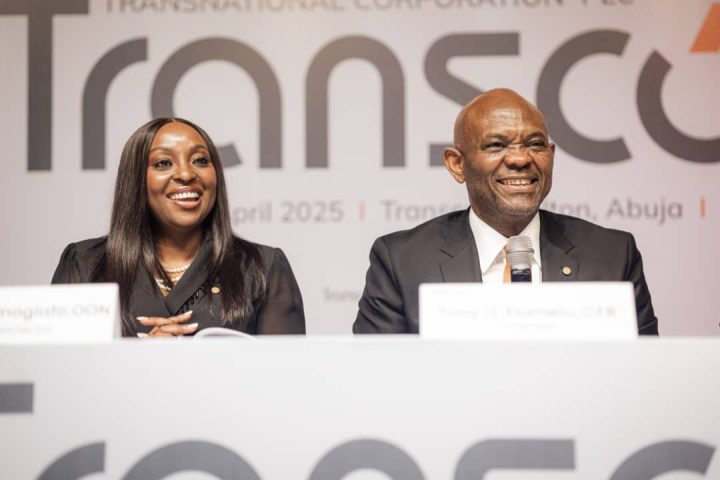
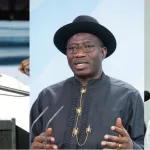
Follow Us